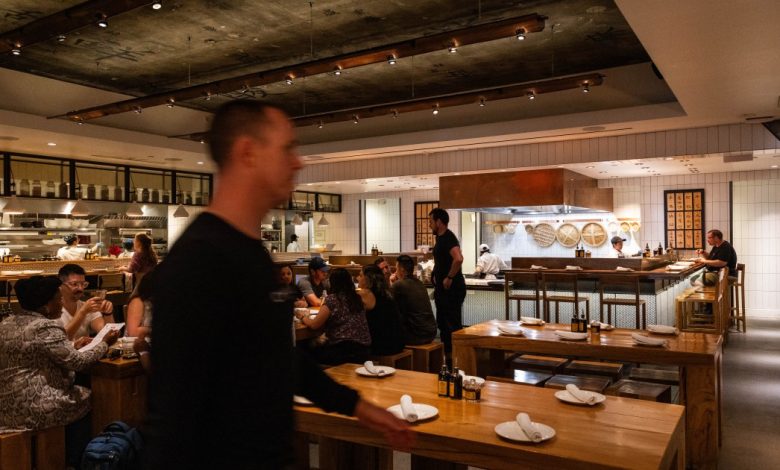San Francisco restaurateurs dread legislation banning service charges

“It’s disturbing news,” Chen said. “They’re trying to change something that’s actually working.”
According to statements from the state Attorney General’s Office, California restaurants will no longer be allowed to add surcharges to customers’ bills, even if they are clearly marked on menus.
That means nixing the near-ubiquitous 5% SF Health Care Security Ordinance surcharge, which is tacked onto bills to help cover the cost of city-mandated health coverage for employees, as well as service fees that have replaced tips at many local restaurants.
Chen said he’s only had a handful of Yelp reviews that have complained about the service charges, generally when customers accidentally tip on top of the service fee. Each time, he has offered a refund.
California’s passage of SB 478 last year was meant to eliminate so-called junk fees, which include charges tacked onto credit cards, bills, loans, air travel, hotel rooms and event tickets. Sponsored by Attorney General Rob Bonta and state Sens. Bill Dodd and Nancy Skinner, the law was meant to protect consumers.
Laurie Thomas, executive director of the Golden Gate Restaurant Association, said since news of the new law spread, she’s been fielding nearly nonstop calls from frustrated and frightened restaurateurs.
Thomas, who owns two Cow Hollow restaurants, Terzo and Rose’s Cafe, said these surcharges were instituted by businesses to help defray the exploding costs of operating in San Francisco.
“Restaurateurs aren’t doing this to buy a yacht and go to the Caribbean. They’ve been doing this to make ends meet,” Thomas said, citing the rising minimum wage and food prices as pressure points for small businesses.
Another point of concern, Thomas said, is that SB 478 includes “real legal teeth” for scofflaws, putting restaurants at severe risk of being sued by customers. Thomas said she’s hoping a legislative fix could still be enacted or at least a delay in implementation or enforcement to help ease the shock for businesses.
“Everyone has had a tough year,” Thomas said. “Sales are down, costs are high and we’re seeing the impacts of the tech layoffs and the high interest rates.”





